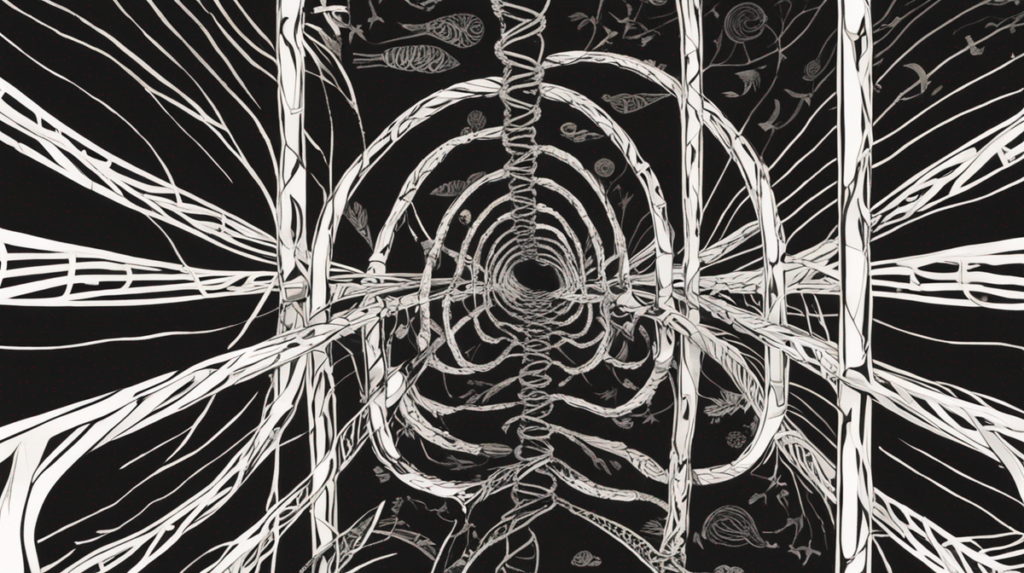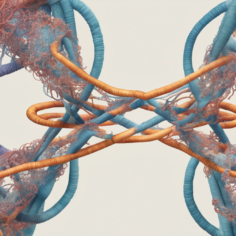
Health challenges come in many forms, with addiction sitting prominently among them. Understanding ‘the science of addiction’ helps demystify its causes and addresses the effective treatment options available. This article will delve into the complex world of addiction, painting a balanced view of the topic.
The Science Behind Addiction
Addiction is more than just a pattern of destructive behaviors—it’s a complex interplay of brain chemicals, environmental factors, and individual personality traits. The brain’s reward system, linked to regions involved in motivation and memory, plays a pivotal role in the development of addiction.
When a person indulges in a behavior that fulfills a certain desire, their brain produces ‘pleasure’ chemicals like dopamine. This chemical reaction reinforces the behavior, making it more likely to be repeated. Addiction occurs when this happy circuitry is hijacked, leading towards a pattern of compulsive behaviors that are challenging to control.
(Read Also: Unraveling the Mystery: The Intricate Science Behind How Pain Works)
Causes of Addiction
There are several causative factors at play that make an individual more susceptible to addiction. They broadly fall into four categories: genetic, biological, environmental, and developmental factors.
- Genetic Factors: Studies reveal that genetic predispositions can make a person more vulnerable to addiction, accounting for approximately half of an individual’s likelihood of struggling with addiction.
- Biological Factors: Certain biological phenomena, like levels of natural pleasure hormones in the brain, can predispose a person to addiction.
- Environmental Factors: Influences like peer pressure, traumatic incidents, early exposure to drugs, physical and sexual abuse, and stress can enhance the risk of addiction.
- Developmental Factors: The earlier the exposure to risky behaviors and substances, the more likely addiction can occur, especially during teenage years when brain development is still in progress.
Treatment Options
Effective treatment for addiction involves multiple steps: detoxification, medications, behavioral counseling, evaluation and treatment for co-occurring mental health issues, long-term follow-ups to prevent relapse and, importantly, individual or group counseling.
- Detoxification: This is often the first step in treating addiction, clearing out the substance from the body and managing withdrawal symptoms.
- Medications: Medicines can help suppress withdrawal symptoms during detoxification. Medications like Buprenorphine and Methadone have been used to treat opioid addiction. Naltrexone helps people who have already detoxed resist the urge to relapse.
- Behavioral Counseling: Cognitive-behavioral therapy can help combat addiction by addressing triggers and stressors that lead to substance use. Motivational interviewing and multi-dimensional family therapy are also helpful.
- Treatment for co-occurring mental health issues: Often, addictions are preceded by mental health issues like depression, anxiety, and post-traumatic stress disorder (PTSD). Addressing these issues can lead to a more successful recovery.
- Long-term follow-up and counseling: These services are instrumental in preventing relapse and ensuring continued recovery.
(Read Also: Unlocking The Mystery: The Intricate Science of Pain Explained)
In conclusion, addiction is not a result of a moral failure or a lack of willpower. It’s born out of a complex interplay of genetic, biological, environmental, and developmental factors. By understanding the ‘science of addiction,’ we can adopt comprehensive and compassionate approaches to treat addiction and support those battling this health challenge.
Last modified: 12 December 2023


















